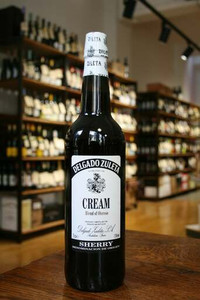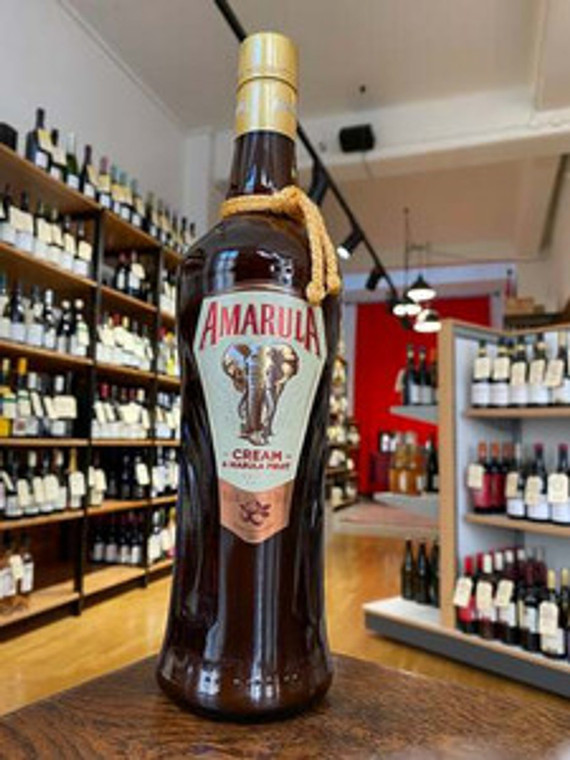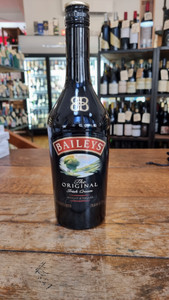
EVERYTHING STARTS WITH THE MARULA FRUIT
There is just one place on earth where the Marula trees grow – across Africa’s subequatorial plains. And there is just one time of year when the Marula trees bear their exotic fruit – at the height of our beautiful summer.
The size of small plums but oval in shape, the Marula fruit ripens to a rich yellow, with a tough outer skin surrounding its fibrous, white flesh. Containing four times more vitamin C than the average orange, Marula is a succulent fruit with a citrus tang and a creamy, nutty taste.
Archaeological evidence of Marula fruit can be dated back as far as 10 000 BC with traces of Marula kernels found in the ancient Pomongwe Cave of Zimbabwe. The smooth, light brown seed inside each Marula fruit protects its oil-rich kernels which are an essential source of nutrition and have anti-oxidant as well as moisturising properties.
THE HARVEST
The Marula trees cannot be cultivated. No matter how hard people have tried, these mysterious, African trees stay robustly true to their earthy roots and grow only where they choose. Only once a year, at the peak of summer, the Marula trees bear their sacred fruit.
When the scent of ripe Marula fills the air, the elephants travel vast distances in order to get a taste. This is our cue to begin the harvest. Local communities are an integral part of the process, and carefully hand-pick the fruit once the elephants have raised their trunks in approval.
THE AFRICAN LEGEND
Storytelling has always been central to African life. The Marula tree, as the source of several fascinating legends, has become a sacred and intricate part of ancient African culture. Locals have revered these trees for centuries and refer to them fondly by various names.
Because elephants travel for miles to feast on the wild fruit, locals call it ‘The Elephant Tree’. African folklore also refers to it as ‘The Marriage Tree’. Apart from making a beautifully natural wedding canopy, it’s also said to have aphrodisiac properties and features in tribal fertility rites. The ripening of the Marula fruit in summer coincides with great celebrations in many parts of Southern Africa. In Swaziland, for example, the annual Marula Festival is celebrated at the king’s royal residence, sustaining the belief that the Marula fruit is fit for kings and queens.
Like the elephants, the Marula trees are protected under South African law. They are a key part of African heritage and may not be farmed for commerce. The fruit however is sold in a variety of natural products, Amarula of course being one of them.





